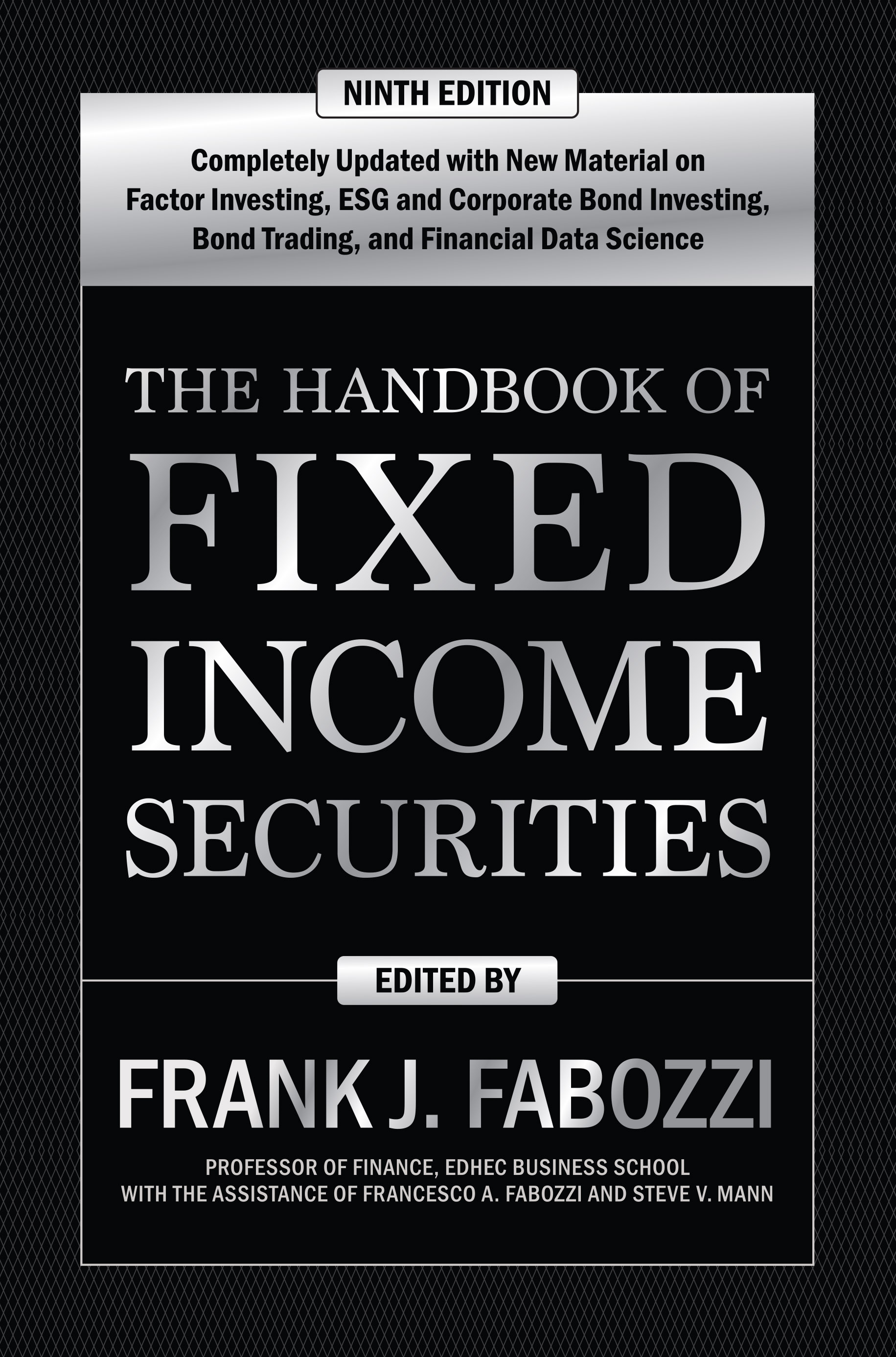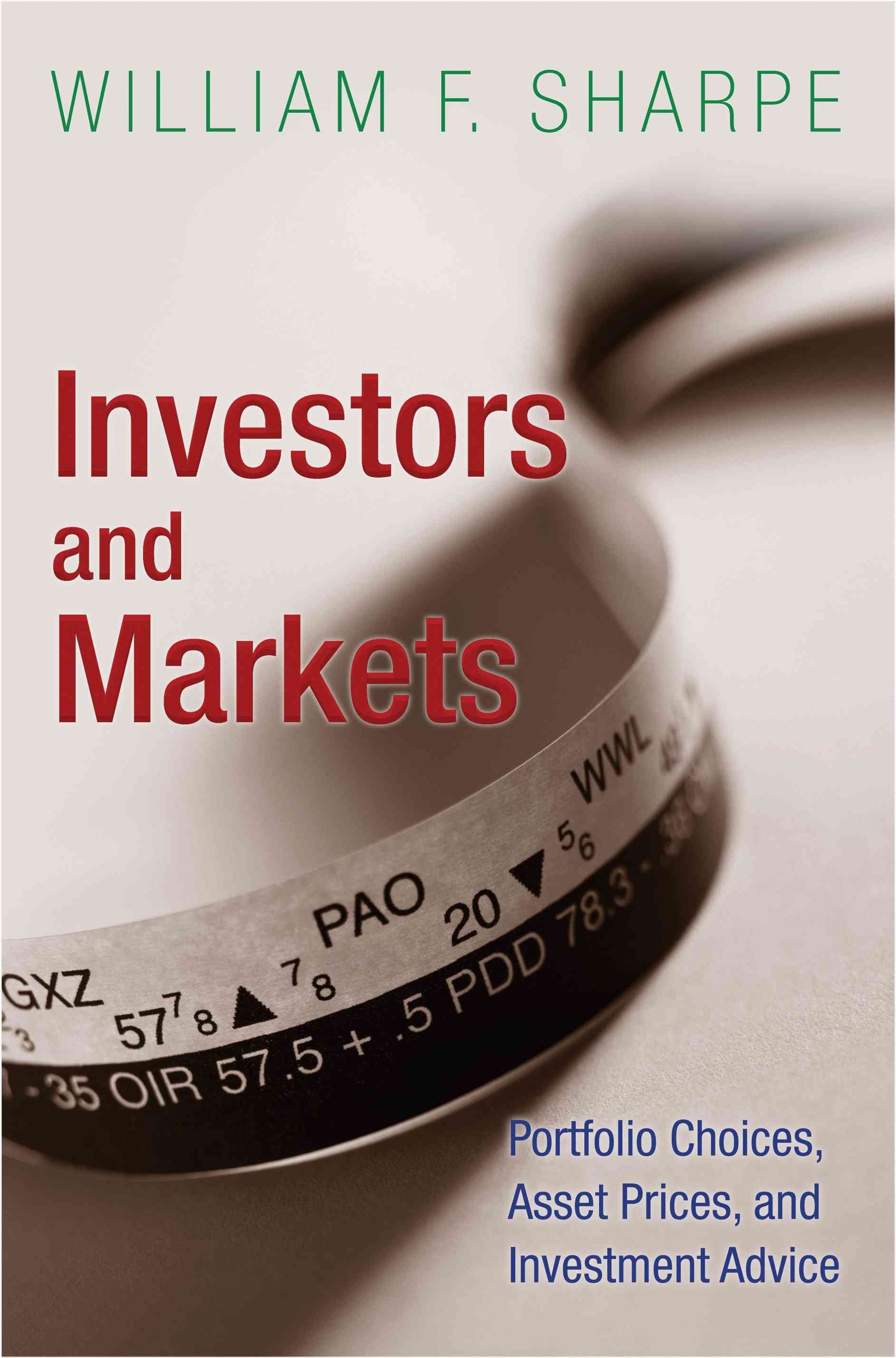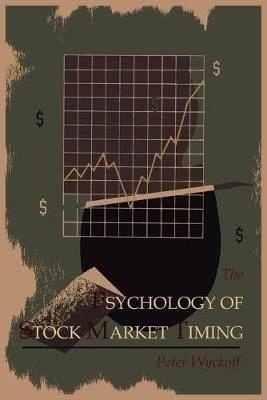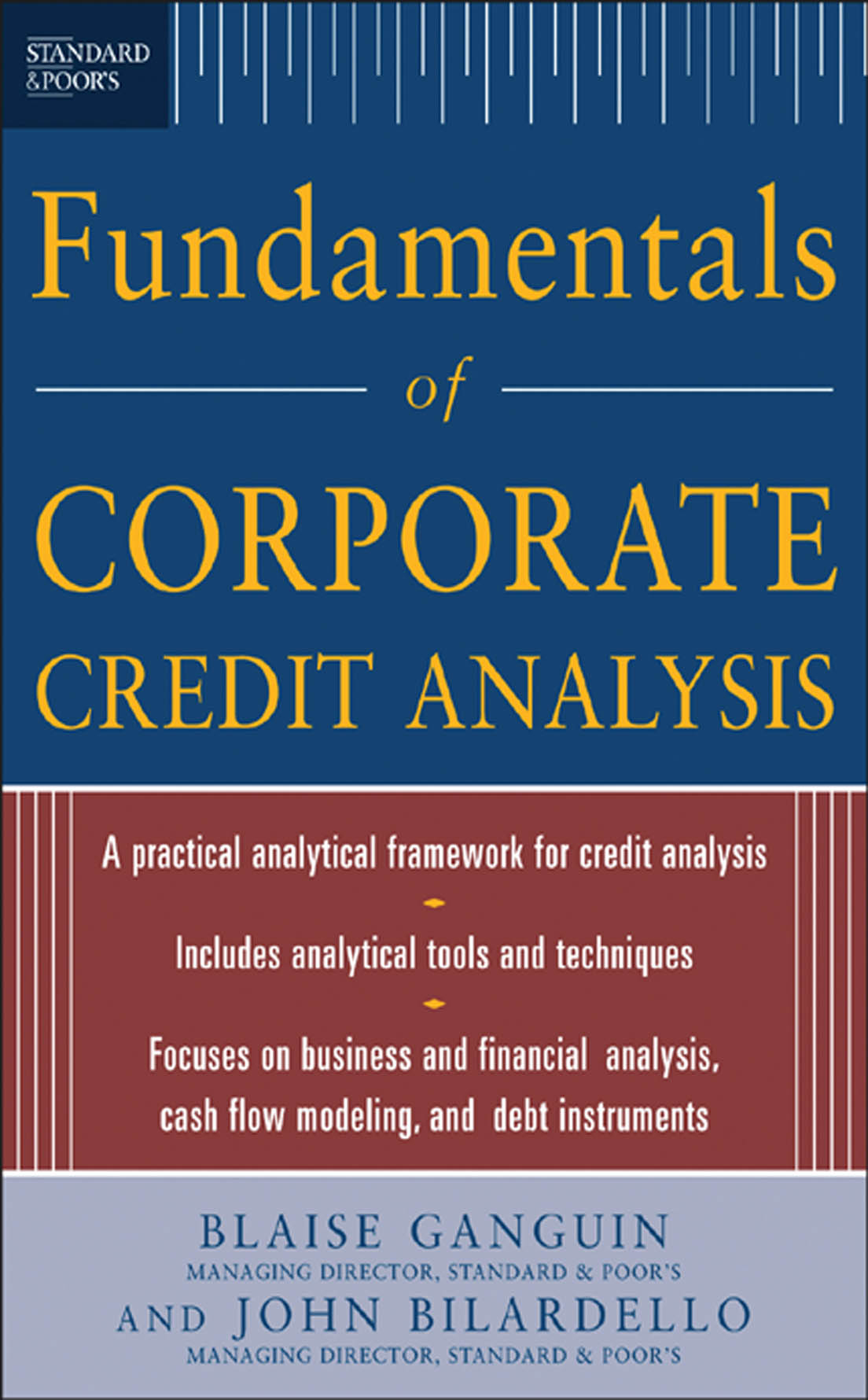In 1934 Springer published a book by Heinrich von Stackelberg, “Market and Equilibrium”, which contained pathbreaking studies on oligopolistic markets. In particular, it analyzed the behavior of a ?rm acting as a leader with a ?rst mover advantage in the choice of its production level over another ?rm acting as a follower. That analysis became the foundation of the economic theory of market leaders and is the starting point of my book. In the following pages I develop a generalization of Stackelberg’s idea, with a focus on the und- standing of the behavior of market leaders under di ?erent entry conditions, particularly when entry in the market is endogenous. Rather than limiting the analysis to the e ?ects of the market structure on the behavior of the market leaders, I also study the e ?ects of the behavior of market leaders on the market structure. In other words, this book can be seen as an attempt to describe - dogenous market structures where the strategies, the expectations on the strategies of the others, and also the entry decisions are the fruit of rational behavior. In the last few decades, economic theory has put a lot of emphasis on the rational behavior in the choice of actions and strategies and on the rational expectations on these choices. Most ?elds of economic theory have embraced both these elements adopting the rational expectations approach in models with perfect competition ?rst and imperfect competition later.












